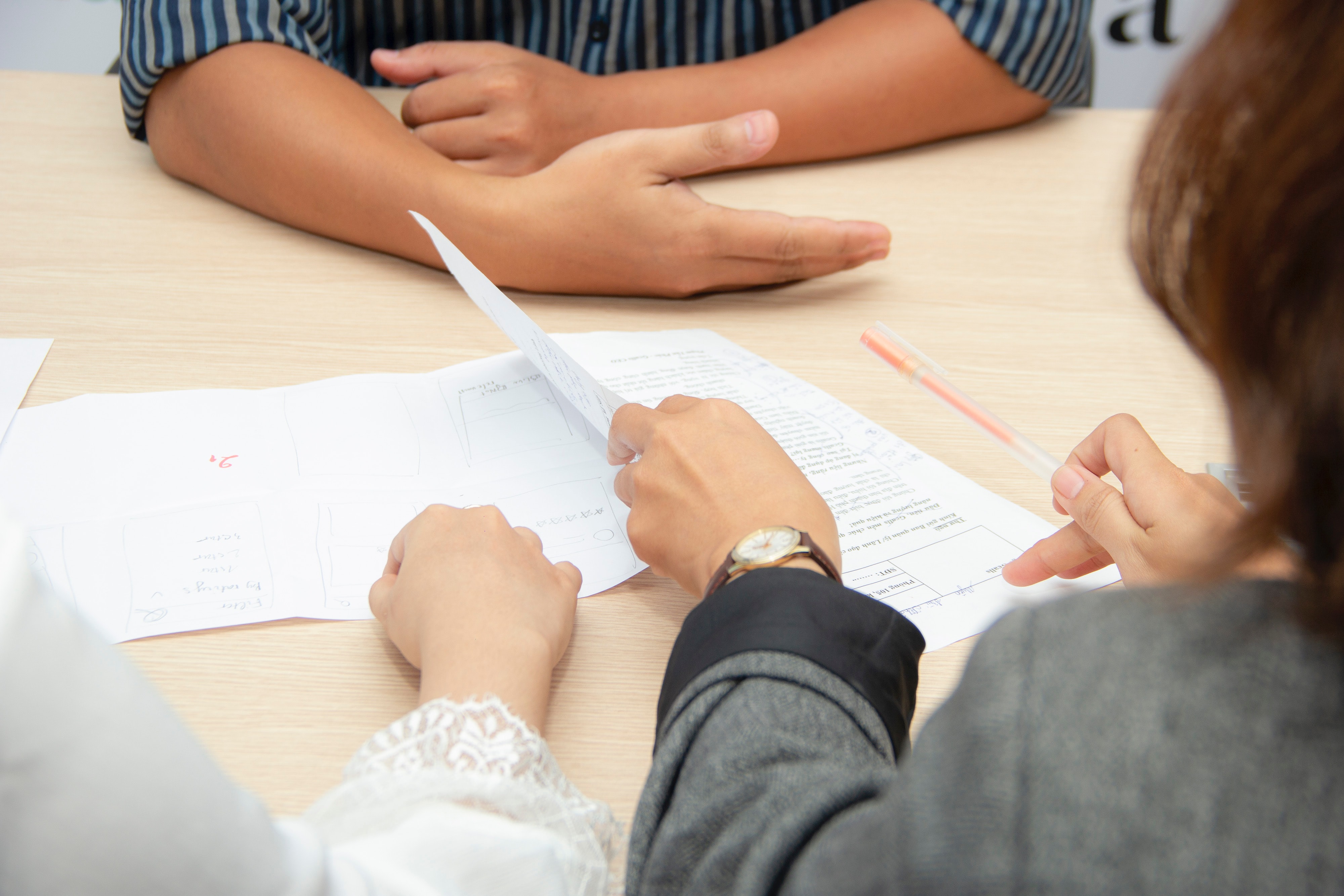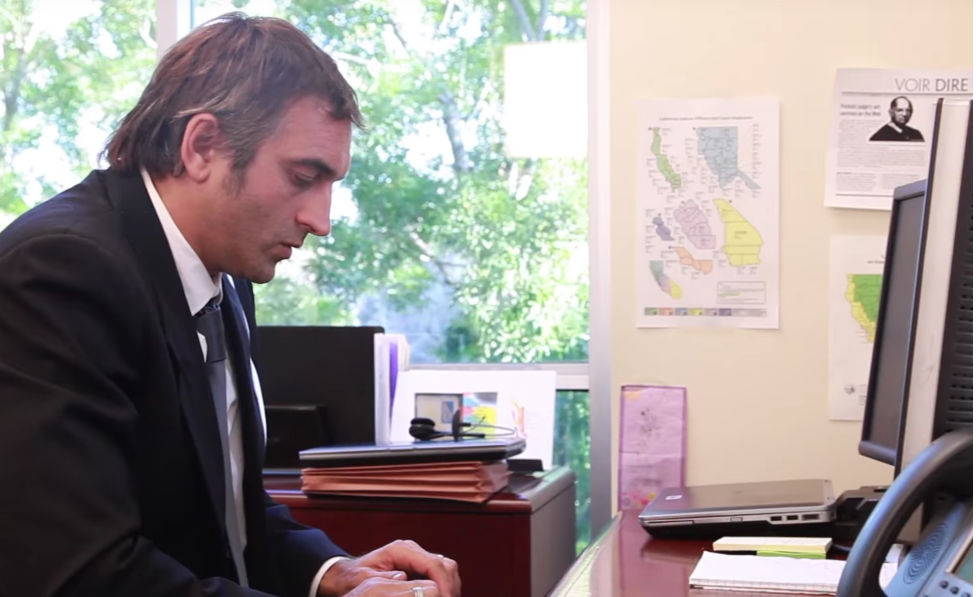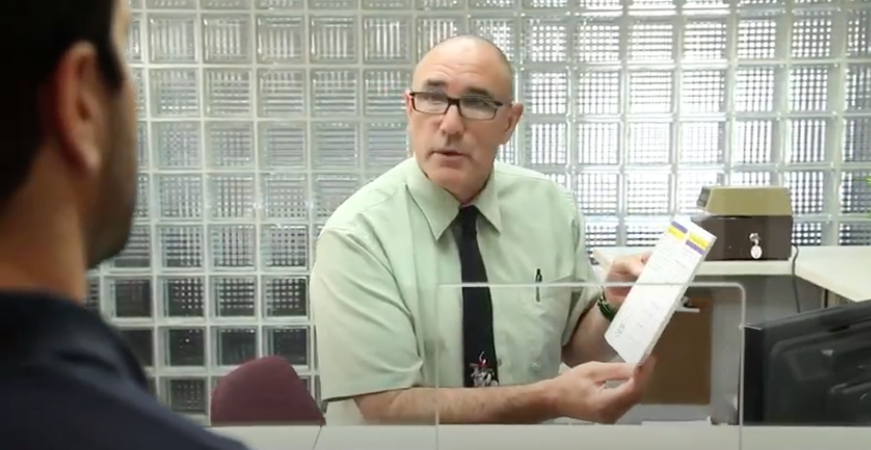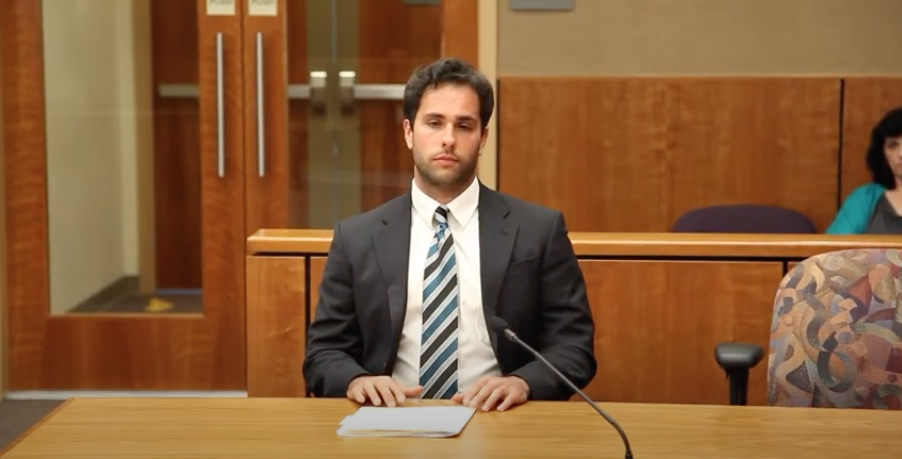Wage & Bank Garnishment guide
A free legal aid guide for people in VirginiaUse this guide if your money is being garnished.
A person or business you owe money to may get a court judgment to collect this money. To collect the money, they may start garnishing your wages and bank account.
You should understand how wage or bank garnishments work. And you should know your rights when you're facing garnishment.
If You Need More Help
Contact your local Virginia legal aid group by calling 1-866-534-5243.
You can also look up your local legal aid group online.
Lawyers can help you understand your options and next steps for your specific situation. Legal aid lawyers provide free help to people who qualify.
Frequently Asked Questions
Find answers to common questions people have about wage garnishments.
Steps to Deal with Wage & Bank Garnishment
For people in VirginiaStep 1:
A Court Judgment Against You
____
If you owe money to someone, they may file a lawsuit to recover this money. This person is your 'creditor'.
If the court decides in their favor, then the court may give them a judgment.
The creditor can use this court judgment to try to take money from your bank account or your paycheck.
Step 2:
Garnishment Summons
____
Your employer or your bank will get a Garnishment Summons. You should also get this Summons.
This lets you know that the creditor will be trying to take your money from your bank account or paycheck. This is called 'garnishment'.
Step 3:
Protect Your Money through a Garnishment Exemption
____
You may have options to stop your wages or bank account from being garnished.
You should receive a Garnishment Exemption claim form.
You can use this Garnishment Exemption Form to make sure some money won't be touched by the garnishment. Check with a lawyer to see which of your money could be protected from garnishment.
The court will decide if your exemptions apply.
Step 4:
Deal with the Garnishment
____
Depending on your exemptions, the creditor may be able to garnish your bank account for up to 90 days.
They also may be able to garnish your paycheck for up to 180 days.
The creditor may file additional Garnishment actions until they collect all the money owed on the judgment.
Step 5:
Know Your Rights and Protections
____
Even if you have a valid garnishment against you, you still can protect yourself. Make sure your rights are protected.
- Your employer is not allowed to fire you because of a garnishment against you for 1 debt.
- Your social security and other government benefits cannot be garnished. The bank should help you protect your federal benefits.
- For most wage garnishments, the creditor can only garnish up to 25% of your take-home pay. The employer must leave you with a certain amount each month. You might also get exemptions for children or dependents living with you.
Step 6:
Explore a Homestead Deed
____
You may also be able to protect some of your money by filing a Homestead Deed.
This can be a complicated process. You can consult an attorney to see if you are eligible, and how to file this.

Video Guide to Wage Garnishment
For people in VirginiaWatch this short video to understand your options are for dealing with wage garnishments.
It explains what your rights and responsibilities are regarding garnishing for your debts.
If you owe a creditor due to a judgment you have several options in how you may repay them.
This video covers these topics around wage garnishment:
- What are my rights if a creditor is garnishing my wages or bank account?
- What can I do if there is a judgment against me?
- How do I repay my creditors?
- What are the tax implications of wage garnishing?
FAQs about Wage Garnishment in Virginia
What is a garnishment?
A garnishment is a legal process through which a creditor who has already gotten a court judgment is trying to collect money that is owed to him or her as a result of the judgment.
The most common types of garnishments are of wages and bank accounts.
What happens when I get garnished?
If your wages are garnished, you and your employer will receive a Garnishment Summons.
The garnished money is under the control of the court until the garnishment period is over.
The period ends at what is called the “return date,” which can be found on the summons.
What is the Return Date in a wage garnishment?
All of the money collected during the garnishment period is sent to the court before the return date.
This date is important - if you are going to protect your garnished earnings, you must do something before the return date.
How do I object to a Garnishment?
You do this by filing a Garnishment Exemption Claim Form with the court that issued the garnishment before the return date.
You may be able to do this by yourself, but it is not recommended.
What if I'm being garnished, but I've already paid off the judgment that I'm being garnished on?
If the court records show the judgment has been fully paid off, then you should not be garnished any further.
The judgment creditor is required to notify the clerk of court within 30 days after the debtor has fully paid off (satisfied) the judgment.
What types of money are safe from wage garnishment?
Most government benefits may be garnished only for child and spousal support and for debts owed to the government. The types of Government benefits that cannot be garnished by regular creditors include Social Security; Supplemental Security Income (SSI); Temporary Assistance for Needy Families (TANF); Black Lung benefits; Unemployment Compensation; Workers’ Compensation; and Veterans’ Benefits.
Child support, spousal support, and most pensions and retirement accounts also cannot be garnished to pay a judgment. SSI cannot be garnished for anything – not even for child support
Bank accounts containing only government benefits, child support, spousal support or pension funds may not be garnished (except as above) so long as the bank account does not contain money from any other source.
Even if your bank account contains only exempt funds, a garnishment summons could temporarily freeze your bank account. If you do not object to the garnishment in time by filing a Garnishment Exemption Claim Form in the same court that issued the Garnishment Order, you could lose exempt benefits in a bank account.
How much of my paycheck can be garnished?
A garnishment normally cannot be more than 25% of your disposable earnings, and you must be able to bring home at least $290 per week (as of July 24, 2009).
That does not include optional deductions from wages, such as insurance or retirement savings.
If you support a dependent minor child living with you and your total household monthly income is no more than $1,750.00, you can claim an additional exemption of $34 per week for one child, $52 per week for two children, and $66 per week for three or more children.
People who are not employed or who take home less than $290 weekly cannot successfully be garnished.
How much of my wages or social security benefits can be garnished for back child support?
Sixty percent (60%) of your wages after taxes or Social Security benefits can be garnished for child support. If you are supporting any other child or a spouse, that amount is lowered to fifty percent (50%) of your wages after taxes of Social Security benefits. SSI benefits can never be garnished for child support, or any other debts.
Get More Help
with your legal situation
Find a Private Lawyer: To connect with a private lawyer, call Virginia Lawyer Referral Service at 1-800-552-7977 or go to their website at https://vlrs.community.lawyer/. Some lawyers charge $35.00 for an initial interview.
Contact Legal Aid: You can call the Virginia Legal Aid Hotline 1-866-LEGLAID (1-866-534-5243). This will help you find your local free legal aid group.
If you are in Northern Virginia, seek help from the legal aid group Legal Services of Northern Virginia, visit https://www.lsnv.org or call (703) 778-6800.
If you are not in Northern Virginia, or need to find other groups, you can find a list of Virginia legal aid and help groups here, for more legal and financial assistance.
The information on this page is not legal advice.
Legal advice is dependent upon the specific circumstances of a person's situation. The information on this page cannot replace the advice of competent, local legal counsel.
Before taking action based on the information on this site, first check for up-to-date information with your local court system, and seek the advice of licensed local attorneys in Virginia (or your state).
This platform is not a substitute for qualified legal advice.
Please contact a lawyer in Virginia to help you with your specific situation. You can find a private lawyer by calling 1-800-552-7977 or find a local legal aid group by calling 1-866-LEGLAID (1-866-534-5243).
Money legal problem guides
Do you have issues with debt, wage garnishment, repossession, bankruptcy, or other financial problems? Explore these free Virginia legal help guides.

Collecting Wages
Do you need to get a paycheck or wages that you're owed? Use this guide to find options about how to get payment that an employer hasn't given you.
Getting Sued for Money
Are you getting sued by a person or a business for money? Use this guide to money lawsuits in Virginia.
Car Accident Lawsuit
What can you do if a person sues you for a car accident? Use this guide to understand your options about insurance, the lawsuit, injuries, and other problems.
Repossession of Property
Is a lender trying to take property away from you? Like cars, electronics, or other personal property?
Use this guide to deal with debt, default, and repossession?




